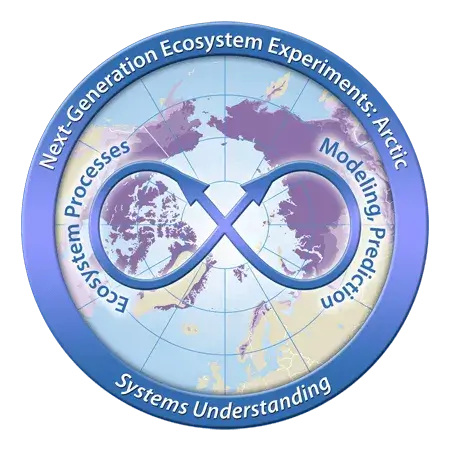McFarlane, Karis J., et al. “Age and Chemistry of Dissolved Organic Carbon Reveal Enhanced Leaching of Ancient Labile Carbon at the Permafrost Thaw Zone”. Biogeosciences, vol. 19, no. 4, 2022, pp. 1211-23, https://doi.org/10.5194/bg-19-1211-202210.5194/bg-19-1211-2022-supplement.
Brent Newman
First name
Brent
Last name
Newman
Affiliation(s)
Web of Science
2022
2021
2020
2018
2017
2016
2015
- Throckmorton, Heather M., et al. “Pathways and Transformations of Dissolved Methane and Dissolved Inorganic Carbon in Arctic Tundra Watersheds: Evidence from Analysis of Stable Isotopes”. Global Biogeochemical Cycles, vol. 29, no. 11, 2015, pp. 1893-10, https://doi.org/10.1002/2014GB005044.

